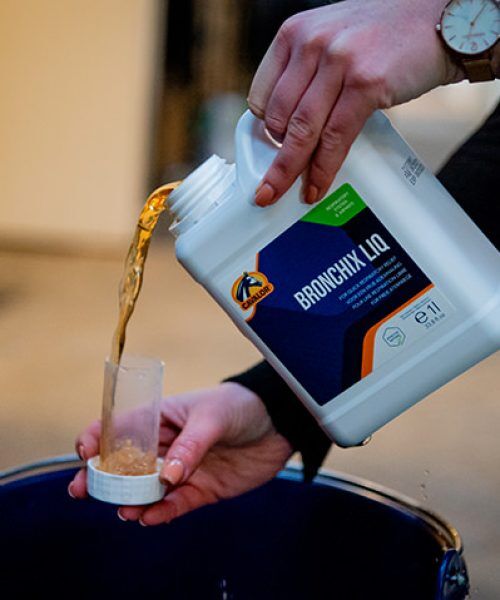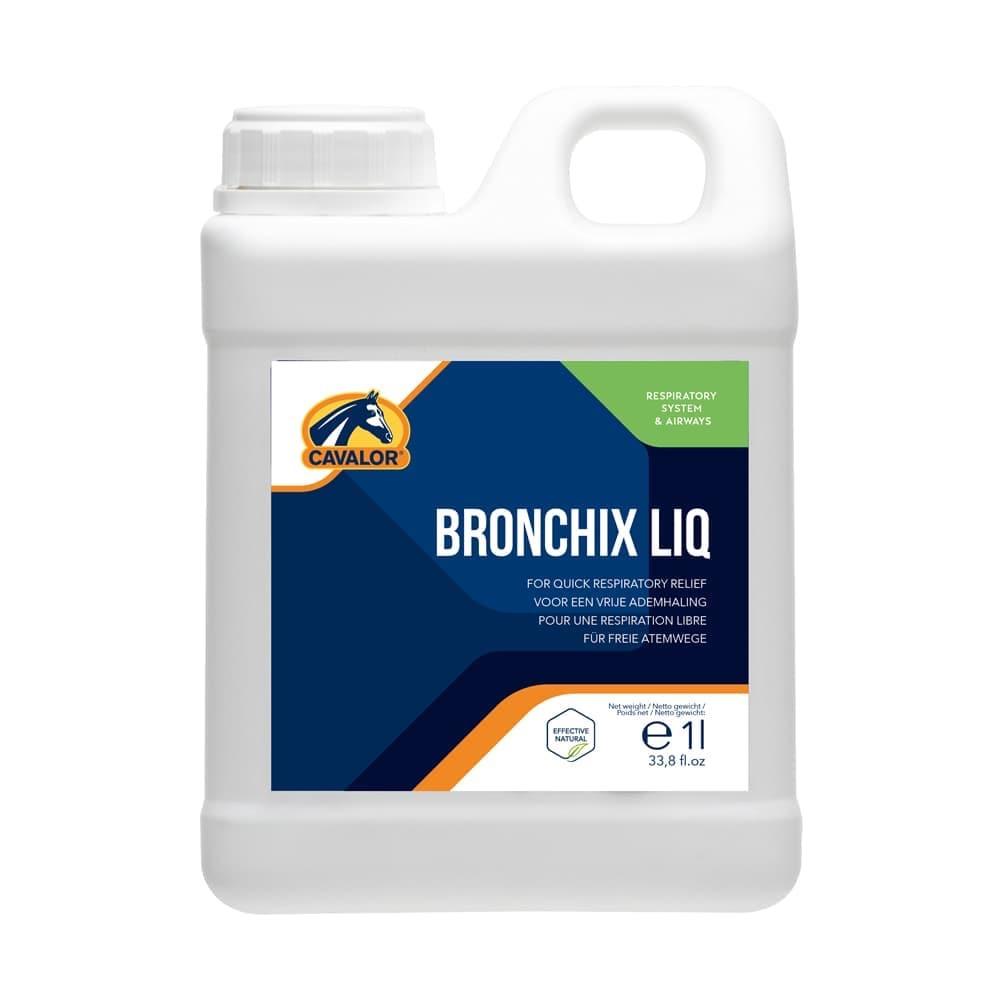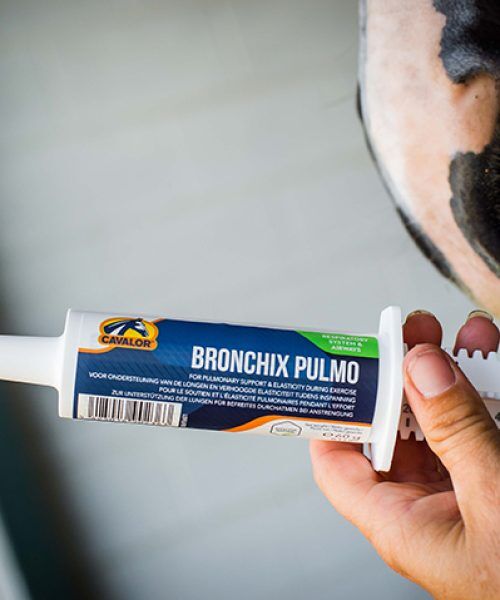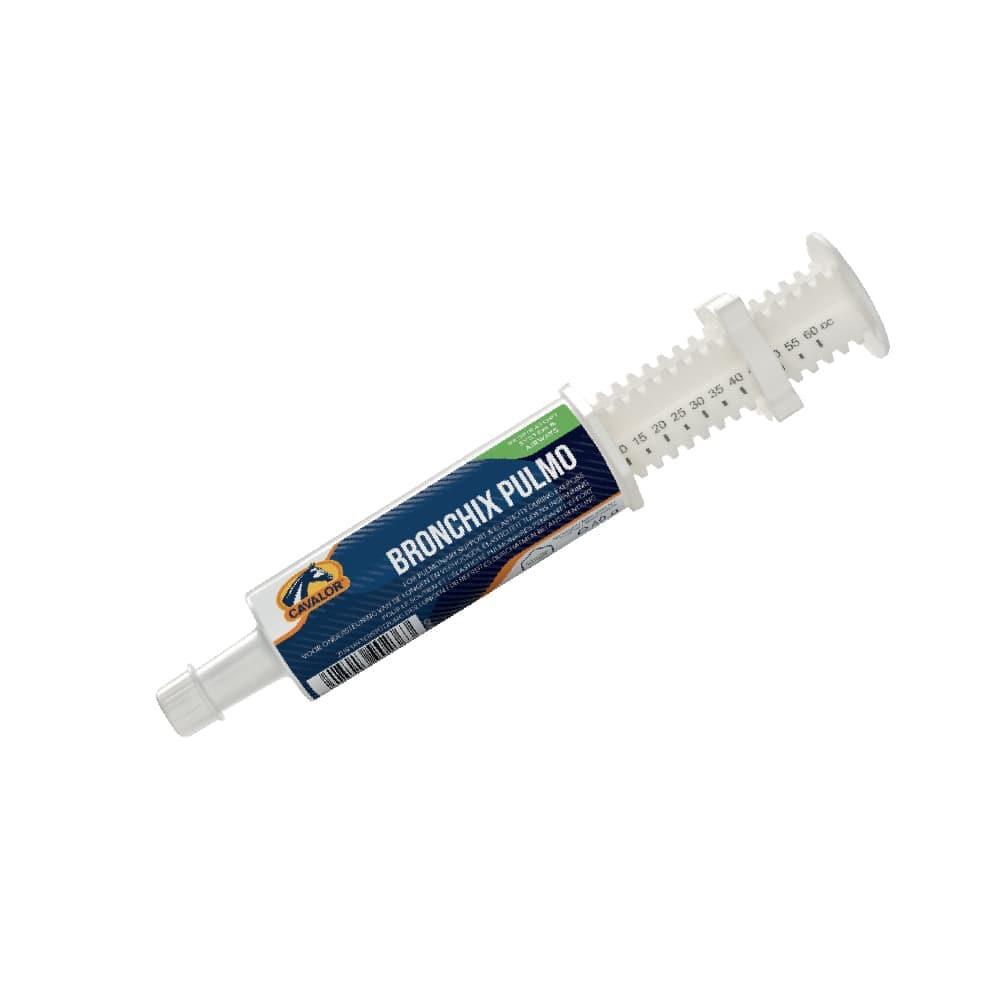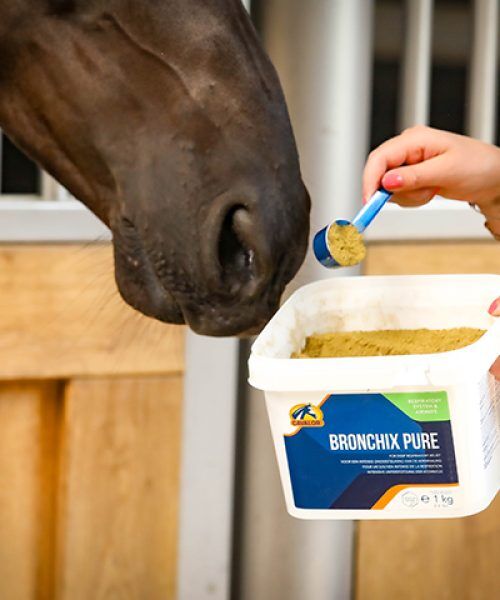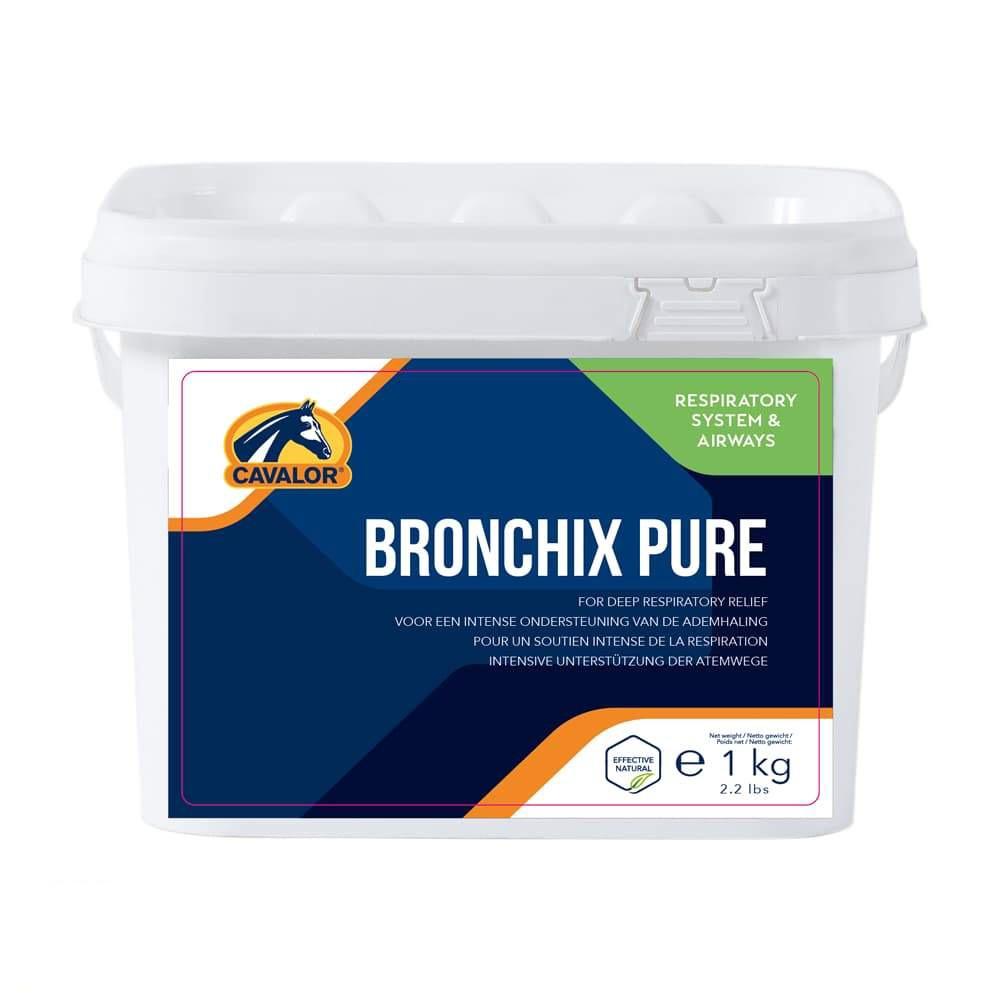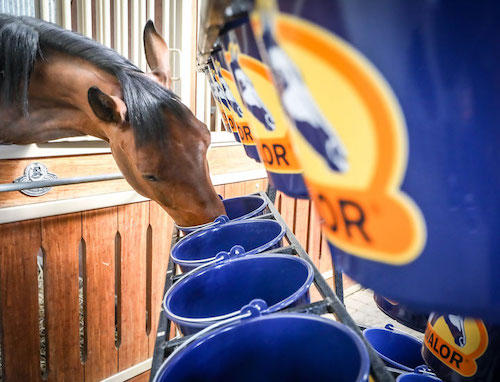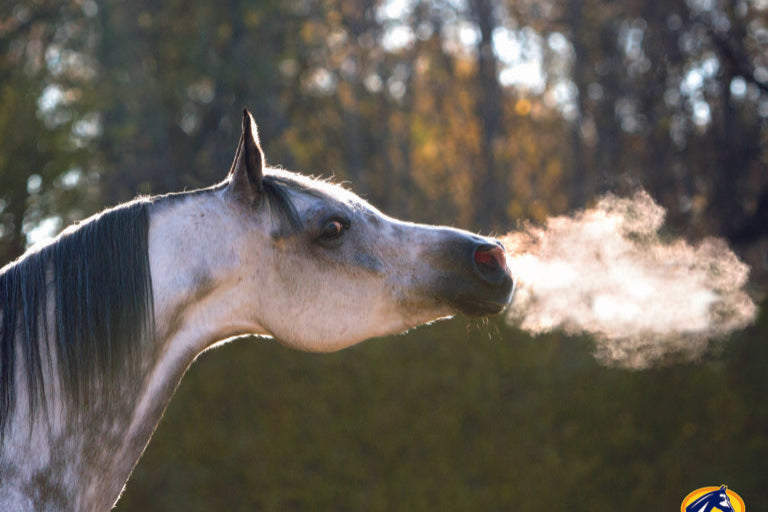
Respiratory System & Airways

YOUR SPORT HORSE’S BREATHING IS ITS PRIMARY LIMITATION
Sport horses’ evolution over the centuries is truly miraculous. They are capable of travelling long distances and achieving impressive speeds. Their incredibly powerful muscles adapt to training extremely fast. Their exceptionally large hearts deliver the energy their muscles require. While in humans, the heart is the greatest bottleneck, horses have a different restriction: their respiratory system’s physical limitations mean that during strenuous exercise, they do not get enough oxygen.
RESPIRATORY PROBLEMS LEADING TO PREMATURE RETIREMENT
Sport horses are often put out to pasture without proper knowledge of why they stopped performing well. A horse with breathing problems may not display obvious symptoms such as a cough, a runny nose or laboured breathing. Yet scientific research shows that as high as 88% of sport horses exhibiting poor performance are suffering from inflamed airways. Be sure to have a veterinarian check a horse that is performing poorly for respiratory disorders.
understanding is key
Respiratory disorders such as pulmonary haemorrhage and asthma are common equine afflictions. The reason? Horses are made to live outside. When we house them in a stable or box, we expose them to vast amounts of airborne particles. It has been scientifically proven that stabled horses are at higher risk of inflammation and other respiratory diseases. Those particles contain organisms that thrive in warm, damp environments. Examples include fungi, bacteria and mites.
This means that healthy stress will allow your horse to continue to perform under pressure. After a race (or intensive training) its tension drops, and the adrenaline and cortisol go back to normal levels. When a horse experiences stress for longer periods, the levels of the cortisol stress hormone remain high. As cortisol raises the blood sugar, sustained stress will also result in too much glucose. Persistent stress will definitely impact your horse’s health.
Poorly ventilated stables can also impact the air quality, with higher levels of ammonia, pathogens and other substances. All these microorganisms constantly assault your horse’s immune system, leading to inflammation, infection and allergies. Precisely because of your horse’s inefficient breathing, even a small respiratory tract infection can be enough to affect its performance and rapid recovery after hard work.
In the fit horse, the respiratory system is considered the limiting factor to performance.
Keep your horses breathing it top condition with Cavalor products.
For upper respiratory issues consider Bronchix Liquid
For chronic issues consider Bronchix Pure Powder
For serious performance issues consider Bronchix Pulmo which is proven to help the elasticity of capillaries in the lung.
VENTILATION AND MORE VENTILATION
The first rule to keeping your horse’s respiratory system healthy is proper stable ventilation. That means at least four times an hour. This helps remove the heat and moisture produced by your horse. Is your stable full of cobwebs or is it smelling musty? Have a close look at the ventilation. Make sure wall and ceiling vents provide fresh outside air, even in winter. Keeping doors and windows closed encourages condensation and allows mould to flourish.
We’re committed to good health inside and out. Our products – nutrition, supplements and care products – reflect what your horse needs in every sporting achievement, stage of life or special need. Because horses that are happy and healthy are our most valuable asset.

